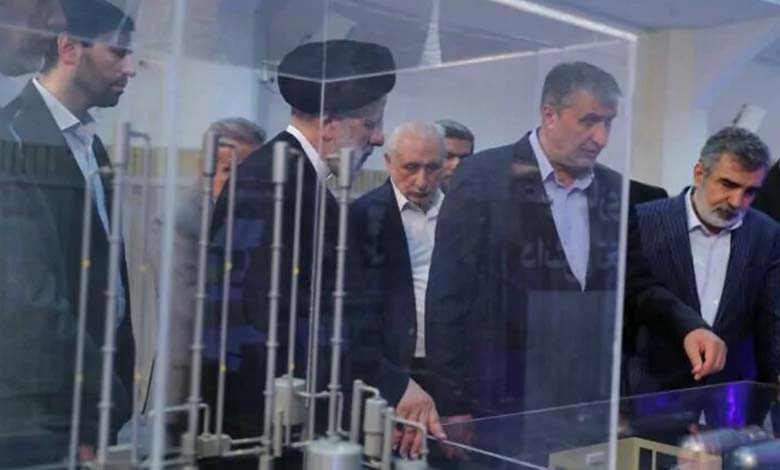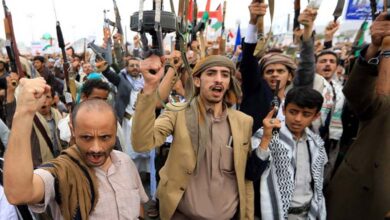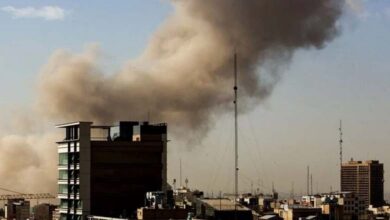What Are the Key Expected Scenarios for the Nuclear Deal After the Iranian Elections?

Iran has been grappling with crises since the death of President Ebrahim Raisi in a presidential plane crash nearly two weeks ago, plunging the country into a state of political turmoil as the presidential elections approach, which are expected to be a display of obedience and loyalty to Supreme Leader Ali Khamenei.
Recently, new scenarios have emerged with the potential shift in Iran’s policies with the presence of a new government and president, which may reopen the doors to the nuclear agreement more than five years after the U.S. administration withdrew from the nuclear deal signed with Tehran in 2015. The Iranian nuclear issue is resurfacing through decisions by the Board of Governors of the International Atomic Energy Agency (IAEA), following Iran’s reduction of its commitments under the agreement.
Iranian Threats
Iran renewed its stance on the nuclear deal within just 10 days, threatening to respond if the Board of Governors adopts a resolution condemning it, stating that it is “in the phase of reducing its commitments under the nuclear agreement.” This was followed by the UN agency announcing that Iran had accelerated the installation of new sets of centrifuges to enrich uranium.
The secret report by the IAEA was met with strong and public reactions from the United States and its European partners, including threats to continue holding Iran accountable in international forums and to increase pressure on it, raising questions about the future of the nuclear issue.
After Raisi
Tehran has suspended its talks with the IAEA following the death of Iranian President Ebrahim Raisi in a helicopter crash. Subsequently, the IAEA Board of Governors, during its second quarterly meeting this month, adopted a resolution calling on Iran to enhance cooperation with the agency and reverse its recent ban on inspectors entering its nuclear facilities.
The Board of Governors’ resolution on June 5 came just one day after Iran threatened to respond if a resolution was issued against it. The head of the Iranian Atomic Energy Organization, Mohammad Eslami, stated, “If the other parties do not return to their commitments, it is Iran’s right to reduce its commitments reciprocally, and the country is now in the phase of reducing them.”
Iranian political analyst Hassan Hashimian stated that the negotiations Iran held in 2003 with the European side, during which Tehran voluntarily froze uranium enrichment at all its nuclear facilities and shortly after ratified the Additional Protocol to the Non-Proliferation Treaty, have historical precedents.
-
Iran boosts uranium enrichment in response to IAEA pressure
-
European Powers Pressure Iran to Halt Nuclear Violations
Hashimian added that the agreement failed the following year when the IAEA demanded that Iran answer all outstanding questions, facilitate immediate access to all desired sites, and freeze all activities related to uranium enrichment at levels capable of producing nuclear fuel and fissile material. This led Tehran to resume enrichment.
Political science professor Tarek Fahmy asserts that Iran’s foreign policies are drawn based on constants and fundamentals within official institutions, including the Ministry of Foreign Affairs. Governments can only maneuver within the framework predetermined by these institutions, which are not affiliated with political currents. Ultimately, all this falls under the authority of the Supreme Leader of the country.
-
Who determines the winner in Iran’s Presidential Elections? Experts answer
-
Final list of candidates for the Iranian Presidency
Fahmy added that regardless of the political faction that wins the upcoming Iranian elections, the new government may suspend nuclear negotiations if it concludes that the European side is exerting pressure to gain greater concessions in the nuclear file.











